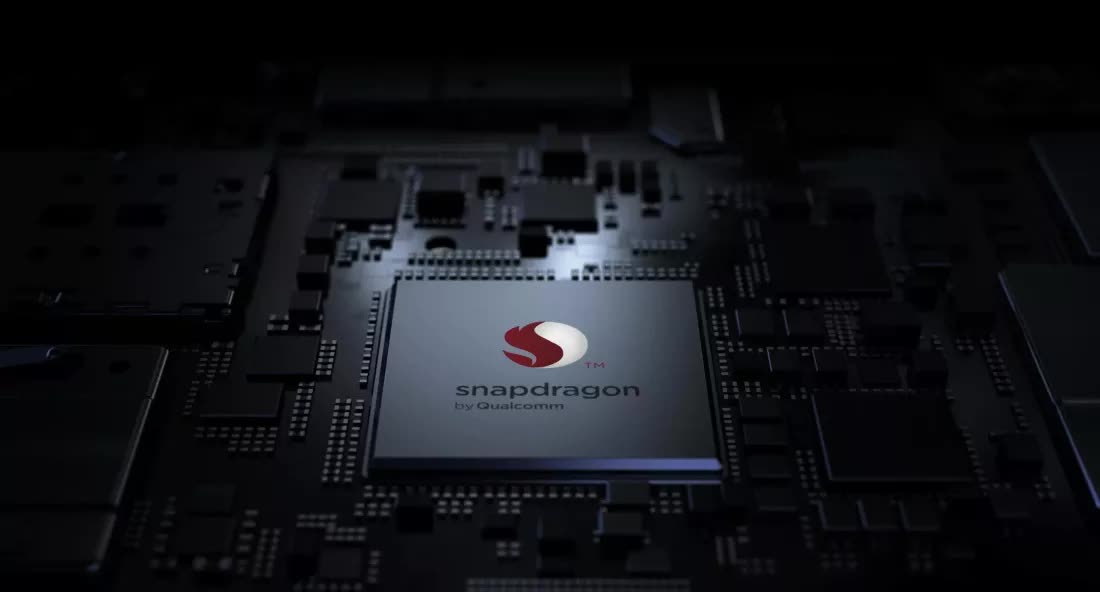Why it matters: Arm, Ltd. has filed suit against Qualcomm, claiming the wireless technology leader breached license agreements and committed trademark infringement following last year's acquisition of Nuvia. The lawsuit seeks an injunction against Qualcomm, requiring them to destroy any designs developed under Nuvia's previous license agreements with Arm. A judgment in Arm's favor could stifle Qualcomm's latest attempts to re-enter the CPU design and manufacturing space.
The claim stems from Nuvia's special architecture licenses obtained from Arm in 2019, which allowed the startup to create Arm-compatible processor cores. According to Arm, rights were non-transferrable, making them unusable by Qualcomm following its acquisition of Nuvia in 2021. Formal license termination in 2022 required Qualcomm to destroy and cease using any technology resulting from the previously existing agreements.
Qualcomm's general counsel, Ann Chaplin, has refuted these accusations. She states the company is well within its rights to continue its CPU design efforts --- efforts that have been ongoing since before the Nuvia deal.
"Arm has no right, contractual or otherwise, to attempt to interfere with Qualcomm's or Nuvia's innovations. Arm's complaint ignores the fact that Qualcomm has broad, well-established license rights covering its custom-designed CPUs, and we are confident those rights will be affirmed."

Despite the dust-up, the fact remains that Qualcomm still has existing agreements in place with Arm. Currently, the company can design custom cores thanks to an Armv9 license in place with Arm. Additionally, its Snapdragon line of mobile processors now uses standard Arm-designed cores as part of its architecture.
The relationship between Qualcomm and Arm has been on the rocks since the Nuvia acquisition. Sources close to Qualcomm speculate that the buyout and desire to re-enter the CPU market is directly related to its view of Arm's stagnating technology and lack of innovation. As a result, Qualcomm acquired the Santa Clara-based silicon designer, intending to create a competing line of products while reducing its reliance on Arm's technology offerings.

The lawsuit could squash Qualcomm's ability to immediately compete with Arm, Intel, AMD, and other processor designers. A Qualcomm earnings call earlier this year claimed its laptop competitor to Apple's M-class processors was on track for release in late 2023. Based on Nuvia's design, the CPU's availability would undoubtedly be negatively affected if the court upheld Arm's claims.
